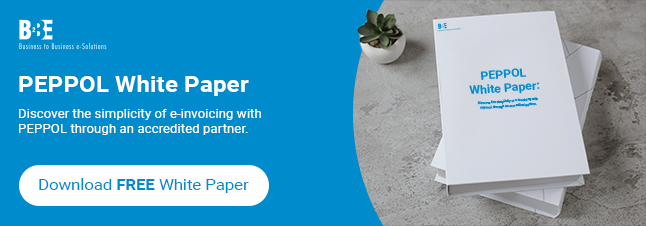As e-invoicing regulations evolve globally, staying compliant is more important than ever. Businesses must understand the specific e-invoicing requirements in their region to avoid penalties, maintain smooth operations, and ensure accurate financial reporting. But how confident are organisations in their understanding of these rules?
For some, the answer is a clear “yes”—they have established processes and systems in place. Others are “more or less” confident, aware of the basics but uncertain about the finer details. Wherever your organisation falls, ensuring clarity on e-invoicing regulations is essential for long-term success.
Why Understanding E-Invoicing Requirements Matters
Compliance with e-invoicing requirements is more than just meeting legal standards—it directly impacts your business’s efficiency and accuracy. Being well-informed ensures:
- Regulatory Compliance – Avoid fines and legal risks by adhering to local e-invoicing mandates.
- Operational Efficiency – Automating e-invoicing reduces manual errors and accelerates invoice processing.
- Seamless Cross-Border Transactions – Understanding regional differences helps manage international operations more effectively.
- Audit Preparedness – Accurate record-keeping aligned with local regulations makes audits easier and less stressful.
Common E-Invoicing Challenges
Even businesses that feel “more or less” confident face challenges in navigating complex e-invoicing requirements, including:
- Changing Regulations – Many regions update e-invoicing rules regularly, making it difficult to stay current.
- Technical Integration – Ensuring your invoicing system complies with local standards and integrates with government platforms.
- Cross-Border Complexity – Different countries have unique formats, processes, and compliance deadlines.
How to Strengthen Your E-Invoicing Compliance
If you’re not fully confident, here are steps to improve your understanding and processes:
- Stay Updated – Regularly monitor changes to e-invoicing requirements in your region and beyond.
- Invest in Automation – Use e-invoicing software that meets regulatory standards and adapts to new rules.
- Partner with Experts – Work with a reliable e-invoicing provider that offers compliance support and regional expertise.
- Conduct Regular Audits – Review your invoicing processes regularly to identify and fix any compliance gaps.
Is Your Organisation Ready?
E-invoicing is no longer optional in many regions—it’s a regulatory necessity. By staying informed and investing in the right technology, your business can confidently meet e-invoicing requirements, avoid compliance risks, and operate more efficiently.
If you’re unsure whether your current systems are meeting local standards, now is the time to evaluate and strengthen your e-invoicing approach.
Learn more about B2BE’s e-Invoicing and PEPPOL Access Point solutions.
About B2BE
B2BE delivers electronic supply chain solutions globally, helping organisations to better manage their supply chain processes, providing greater levels of visibility, auditability and control. We’re driven by a passion for what we do, inspired by innovation, and underpinned by a wealth of knowledge. With over 20+ years of experience, the B2BE teams operate worldwide.
For more information, visit www.b2be.com.

